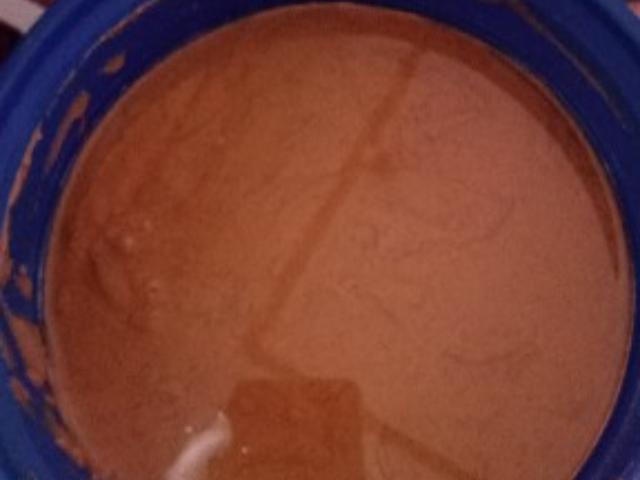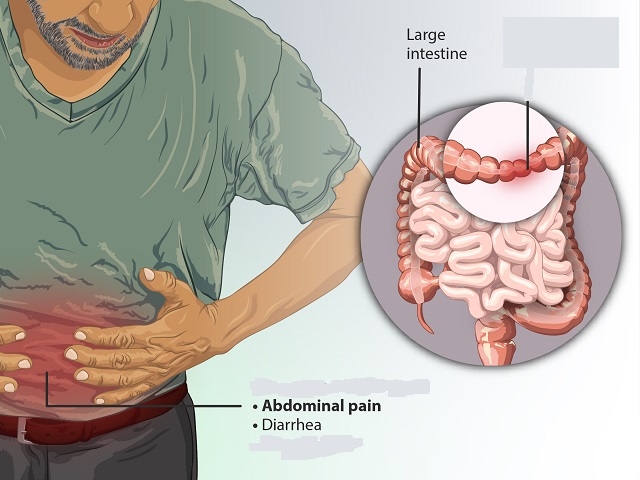9 Signs You May Have Eczema -- Symptoms, causes, effects, treatment and prevention of Eczema. What is Eczema?
Eczema, also known as atopic dermatitis, is a chronic inflammatory skin condition that causes red, itchy, and inflamed patches on the skin. It is a common condition that affects people of all ages, but it is particularly prevalent in children. Eczema can have a significant impact on quality of life and may require ongoing management.
Symptoms of Eczema
Common symptoms of eczema include:
- Dry, sensitive skin: The skin becomes dry, rough, and easily irritated.
- Itching: Intense itching is a hallmark symptom of eczema, leading to scratching and potential skin damage.
- Red or inflamed patches: The affected skin may appear red, swollen, and inflamed.
- Blisters or oozing: In severe cases, blisters or oozing lesions may develop.
- Thickened or scaly skin: Over time, the affected skin may become thickened and develop a scaly appearance.
Diagnosis of Eczema
The diagnosis of eczema is usually made by a healthcare professional based on a physical examination and a review of the patient's medical history. There are no specific tests for eczema, but the doctor may perform certain tests to rule out other skin conditions that may mimic eczema.
Causes of Eczema
The exact cause of eczema is unknown, but it is believed to be a combination of genetic and environmental factors. Potential causes and triggers include:
- Genetic predisposition: Individuals with a family history of eczema, asthma, or allergies are more likely to develop eczema.
- Immune system dysfunction: Eczema is associated with an overactive immune response and increased levels of inflammation in the skin.
- Environmental factors: Exposure to irritants, allergens, harsh soaps or detergents, changes in temperature or humidity, and stress can trigger or worsen eczema symptoms.
Effects of Eczema
Eczema can have various effects on individuals, including:
- Physical discomfort: Itchy, inflamed skin can cause significant physical discomfort and interfere with daily activities.
- Sleep disturbances: Persistent itching and discomfort can disrupt sleep patterns and lead to sleep disturbances.
- Emotional impact: Eczema can have an emotional toll, causing frustration, embarrassment, self-consciousness, and reduced self-esteem.
- Skin infections: Constant scratching can break the skin, leading to an increased risk of skin infections.
Treatment of Eczema
Treatment options for eczema focus on relieving symptoms, reducing inflammation, and preventing flare-ups. They may include:
- Moisturizers: Regularly applying moisturizers helps keep the skin hydrated and reduces dryness and itching.
- Topical corticosteroids: These anti-inflammatory creams or ointments are used to reduce inflammation and relieve itching during flare-ups.
- Topical calcineurin inhibitors: These medications help reduce inflammation and are used for eczema in sensitive areas, such as the face or groin.
- Antihistamines: Oral antihistamines can help relieve itching and promote better sleep.
- 'Wet dressings: Wet or damp dressings applied to affected areas can help soothe and hydrate the skin.
- Phototherapy: Controlled exposure to ultraviolet (UV) light under medical supervision can improve symptoms and reduce inflammation.
- Immunomodulators: Oral or injectable medications that modulate the immune system and reduce inflammation may be used in severe cases.
Prevention of Eczema
While eczema cannot be completely prevented, these measures may help manage the condition and reduce flare-ups:
- Moisturize regularly: Apply a fragrance-free moisturizer to the skin daily, especially after bathing.
- Avoid triggers: Identify and avoid triggers that worsen eczema symptoms, such as certain soaps, detergents, allergens, or extreme temperatures.
- Gentle skincare routine: Use mild, fragrance-free soaps, avoid excessive bathing or hot water, and pat the skin dry instead of rubbing.
- Dress comfortably: Wear loose-fitting, breathable clothing made of soft fabrics, and avoid scratchy materials.
- Manage stress: Practice stress-management techniques, as stress can worsen eczema symptoms in some individuals.
References:
National Eczema Association. (n.d.). What is Eczema? Retrieved from https://nationaleczema.org/eczema/
American Academy of Dermatology Association. (n.d.). Eczema (Atopic Dermatitis). Retrieved from https://www.aad.org/public/diseases/eczema
Mayo Clinic. (2021). Atopic Dermatitis (Eczema). Retrieved from https://www.mayoclinic.org/diseases-conditions/atopic-dermatitis-eczema/symptoms-causes/syc-20353273


















